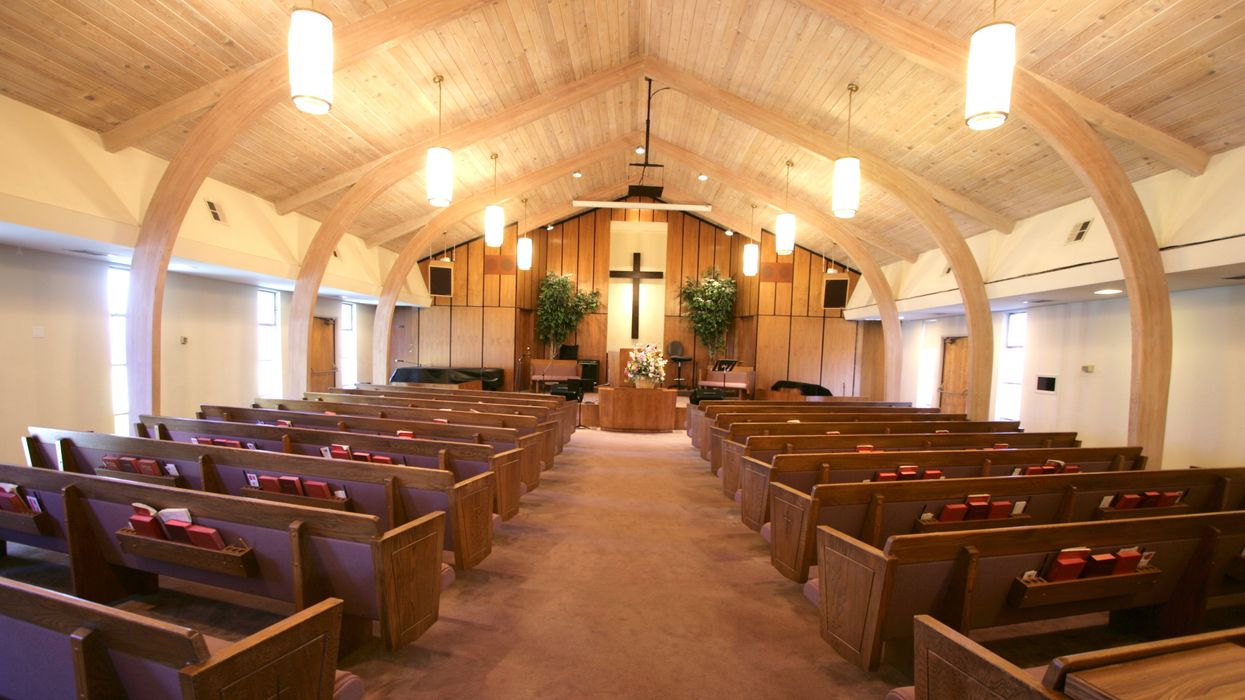
pastorscott/Getty Images Plus

Writer Derek Thompson is a self-identified agnostic. But his most recent article in the Atlantic lays bare the problems associated with the de-churching of America.
The latest research from the Public Religion Research Institute found that more than one-quarter of Americans now identify as "religiously unaffiliated." In fact, "unaffiliated" is the only "religious" group seeing growth in the U.S., according to the PRRI. Even worse: Tens of millions of Americans have stopped attending church over the past quarter-century.
With this data in hand, Thompson sought to answer not why this phenomenon is occurring, but what its cost is.
Organized religion, Thompson observed, provides people with infrastructure that is critical to cultivating meaning and a flourishing life.
He wrote:
Relationship with organized religion provided many things at once: not only a connection to the divine, but also a historical narrative of identity, a set of rituals to organize the week and year, and a community of families. PRRI found that the most important feature of religion for the dwindling number of Americans who still attend services a few times a year included “experiencing religion in a community” and “instilling values in their children.”
The de-churching phenomenon has coincided with the "historically unprecedented decline in face-to-face socializing," Thompson observed, and the rise of technology.
This presents a unique problem.
Not only are Americans socializing less with less community, but they have embraced "a new relationship with a technology that, in many ways, is the diabolical opposite of a religious ritual: the smartphone," according to Thompson.
The smartphone has thus created a "digital life," Thompson explained, which is by its nature "disembodied, asynchronous, shallow, and solitary." On the other hand, religious life — its community, rituals, and value systems — is inherently "embodied, synchronous, deep, and collective."
Religious life, then, "works a bit like a retaining wall to hold back the destabilizing pressure of American hyper-individualism, which threatens to swell and spill over in its absence," Thompson wrote.
In his conclusion, Thompson doesn't say it outright. But if you read between the lines, it's clear that Thompson understands religious life to be a net positive for our society and believes that America has not counted the cost of de-churching.
"I wonder if, in forgoing organized religion, an isolated country has discarded an old and proven source of ritual at a time when we most need it," he wrote. "It took decades for Americans to lose religion. It might take decades to understand the entirety of what we lost."
Thompson's article is a great reminder of unintended consequences. And it's especially refreshing, perhaps even vindicating, in a culture that is increasingly hostile to people of faith.
Like Blaze News? Bypass the censors, sign up for our newsletters, and get stories like this direct to your inbox. Sign up here!